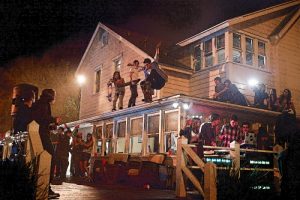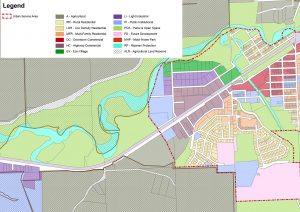Man
Harmari has a way to help identify illegal short term rental properties. Learn more
Related Posts to Identification and Enforcement
- Announcing Harmari STR version 13.4
- State Legislation Roundup: Gains and Losses for STR Operators, and New Limits on Party Houses
- Harmari STR is the leader in Ontario’s Short Term Rental Compliance
- South Padre Island, Texas Establishes Short-Term Rental Compliance Program with Avenu – Harmari/LTAS
- Announcing Harmari STR version 12.9
- Would Your City Allow 30 Percent of Residences to Be Short Term Rentals? In Michigan, You Can’t Say No.
- Harmari STR now covers over 80 short term rental websites
- California Wants to Collect Transient Taxes from Airbnb and other Short Term Rental Platforms, But Will It Benefit Municipalities?
- Announcing Harmari STR version 12.6
- City of Toronto awards Harmari STR with Short Term Rental Identification and Monitoring Contract

